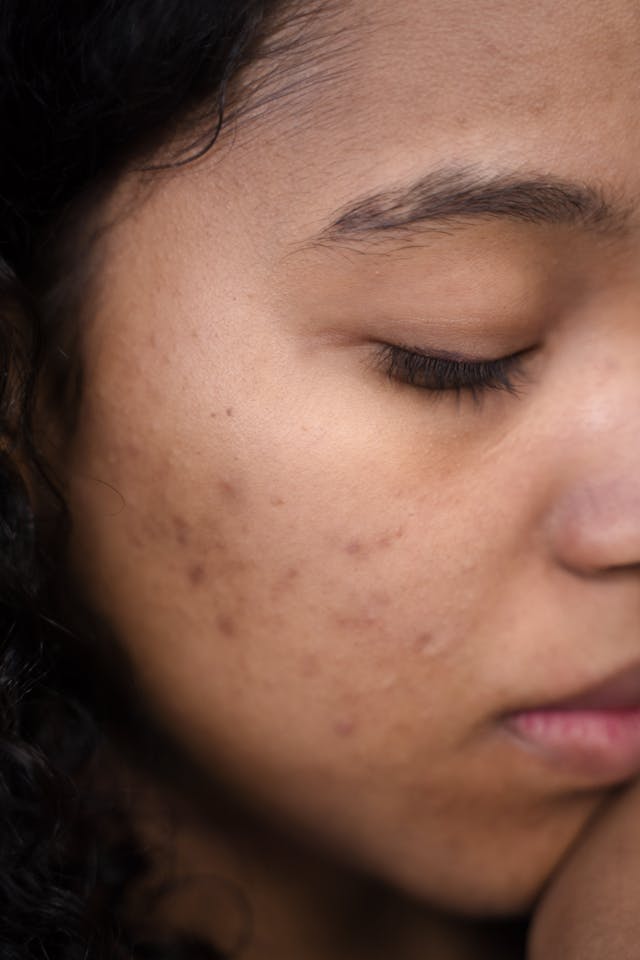Polycystic Ovary Syndrome (PCOS) is a common condition affecting up to 1 in 10 women of reproductive age. It’s something I see often in my clinic and understanding it, especially the big part insulin resistance plays, can empower you to take proactive steps for your wellbeing. PCOS isn’t just about cysts on the ovaries; it’s a hormonal imbalance that can influence everything from your cycles to your energy.

What is PCOS?
PCOS is a hormonal disorder where the ovaries produce too many androgens (male hormones), leading to irregular periods, excess hair growth, acne and sometimes fertility challenges. The exact cause isn’t fully known but genetics, lifestyle and environmental factors play a role. Many women with PCOS also experience weight gain or difficulty losing weight, which can make symptoms feel more overwhelming. The NHS notes that insulin resistance is a key driver in many cases, amplifying these issues. It’s not just a reproductive issue – PCOS can affect your whole body, from metabolism to mental health.
The Crucial Link: Insulin Resistance
Here’s where insulin resistance comes into the picture and it’s a big one. Up to 70% of women with PCOS have insulin resistance, where your cells don’t respond properly to insulin, leading to higher blood sugar and increased insulin production. This excess insulin boosts androgen levels, worsening PCOS symptoms like irregular cycles and unwanted hair. The Cleveland Clinic explains that signs of insulin resistance in PCOS include fatigue, increased thirst and dark skin patches (acanthosis nigricans). If unmanaged, it raises risks for type 2 diabetes and heart issues but understanding this link opens doors to effective management.

Symptoms and Impacts
PCOS symptoms vary but common ones include missed periods, cysts on ovaries (seen via ultrasound), acne and thinning hair. Insulin resistance adds layers, like stubborn weight gain around the middle and mood swings from blood sugar fluctuations. Johns Hopkins University in the US, highlights that many women with PCOS have insulin resistance, which can make symptoms more pronounced. It’s not just physical, emotional wellbeing can suffer too, with increased anxiety or low mood. The good news? Early insight can make a world of difference.
Managing PCOS Naturally
Focus on insulin resistance to manage PCOS effectively. A balanced diet with low-glycaemic foods, like berries, nuts and greens, help stabilise blood sugar. Regular movement, such as walking or yoga, improves insulin sensitivity. Stress management through nature walks or mindfulness reduces cortisol, which can worsen IR. At Flourish, my tests check IR and triglycerides, offering tailored tips to nurture your health.
Wrapping Up
PCOS is manageable, especially when you grasp insulin resistance’s role. It’s about empowering your body for better cycles, energy, and confidence
Best wishes
Annabel
For more information or to book a consultation, contact Flourish Natural Health now!
#PCOS #InsulinResistance #WomensHealth #HormonalBalance #NaturalWellness
